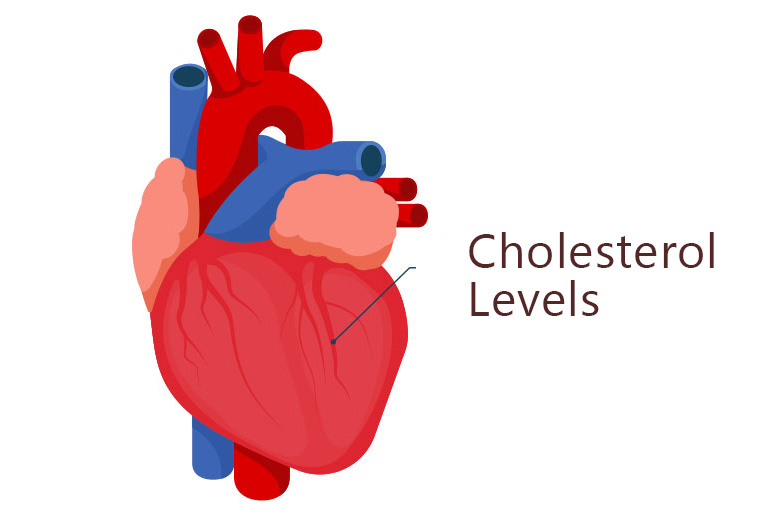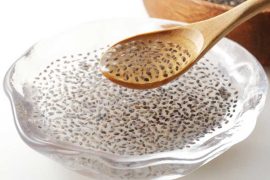Cholesterol levels tend to rise in winter due to several factors, including changes in diet, reduced physical activity, and colder temperatures. During the winter months, people often consume richer, higher-fat foods and may be less active due to colder weather, both of which can contribute to higher cholesterol levels. Additionally, shorter daylight hours and less outdoor activity can reduce exposure to sunlight, which is essential for vitamin D production and overall metabolic health. To maintain healthy cholesterol levels in winter, it is important to eat a balanced diet, stay physically active, and manage stress.
As winter approaches, many people notice changes in their health, including fluctuations in cholesterol levels. Understanding the reasons behind this seasonal shift can help you take proactive steps to manage your cholesterol during colder months. Here’s what you need to know about why cholesterol levels tend to rise in winter:
1. Decreased Physical Activity
During the winter months, people are less likely to engage in outdoor physical activities due to colder weather. Physical activity plays a significant role in regulating cholesterol levels, particularly by increasing “good” HDL cholesterol and helping to lower “bad” LDL cholesterol. Reduced exercise during winter can lead to weight gain and an increase in LDL cholesterol, contributing to higher cholesterol levels overall.
2. Dietary Changes
Winter months often bring richer, heavier foods, such as comfort foods high in saturated fats and refined carbohydrates. People tend to crave higher-calorie foods like stews, casseroles, and baked goods, which can contribute to an increase in unhealthy fats. These foods can elevate LDL cholesterol levels, leading to higher overall cholesterol.
3. Less Sun Exposure and Vitamin D
In winter, there’s less sunlight, which can lead to a deficiency in Vitamin D. Vitamin D is thought to play a role in managing cholesterol levels, and a lack of it may lead to an increase in total cholesterol. The reduced sunlight exposure during the colder months can impact overall health, including cholesterol regulation.
4. Hormonal Changes
Cold weather can lead to hormonal changes in the body. The body’s response to the cold, including increased levels of stress hormones like cortisol, can also affect cholesterol levels. Elevated cortisol can lead to an increase in LDL cholesterol, contributing to higher total cholesterol.
5. Changes in Blood Circulation
During the winter, the body conserves heat by narrowing blood vessels, which can lead to increased cholesterol levels. The body produces more cholesterol to maintain cell function and protect tissues in response to colder temperatures. This natural process can result in elevated cholesterol levels during the winter months.
6. Increased Risk of Illness
Winter is also the time when people are more susceptible to colds, flu, and other illnesses. When the body is fighting an infection, inflammation levels can rise. Chronic inflammation can have a negative impact on cholesterol levels, particularly by increasing LDL cholesterol and decreasing HDL cholesterol.
How to Manage Cholesterol in Winter
To help mitigate the effects of winter on cholesterol levels, consider the following tips:
- Stay Active: Try to incorporate indoor exercises like yoga, pilates, or home workouts to stay physically active during winter.
- Watch Your Diet: Focus on heart-healthy foods like fruits, vegetables, whole grains, and lean proteins. Limit the intake of saturated fats and refined sugars.
- Get Sunlight: If possible, spend some time outdoors when the sun is out to boost Vitamin D levels.
- Manage Stress: Practice relaxation techniques like meditation and deep breathing to help reduce stress and its impact on cholesterol levels.
- Stay Hydrated: Drink plenty of water to help maintain optimal metabolic function.
By understanding the factors that contribute to rising cholesterol levels in winter and adopting a proactive approach, you can maintain healthy cholesterol levels year-round.
Disclaimer:
The information contained in this article is for educational and informational purposes only and is not intended as a health advice. We would ask you to consult a qualified professional or medical expert to gain additional knowledge before you choose to consume any product or perform any exercise.







